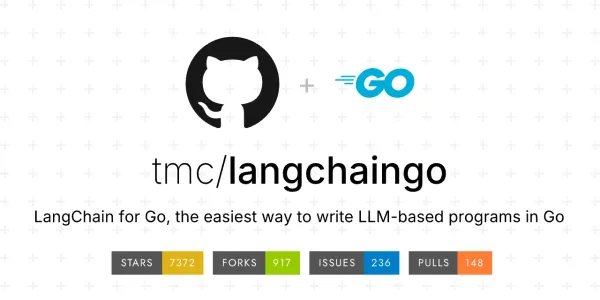Node Js Handbook

Node.js is a powerful and versatile open-source, cross-platform JavaScript runtime environment that has revolutionized server-side development. Initially released in 2009, Node.js has quickly gained widespread popularity due to its non-blocking, event-driven architecture, making it exceptionally well-suited for building scalable and high-performance applications. Developed on the V8 JavaScript engine, Node.js enables developers to use JavaScript for both client and server-side scripting, fostering a unified and efficient programming environment. Its robust package manager, npm, facilitates the easy integration of third-party libraries, enhancing the development process. With a thriving community and continuous updates, Node.js remains a go-to choice for developers seeking to build fast, scalable, and data-intensive applications.
Node Js Handbook
key features
Node.js boasts several key features that contribute to its popularity and effectiveness in building scalable and high-performance applications. Some of the notable features include:
- Asynchronous and Non-blocking I/O:
- Node.js is designed to handle asynchronous operations efficiently, making it well-suited for applications with high concurrency.
- Its non-blocking I/O model allows multiple requests to be processed concurrently without waiting for the completion of one before moving on to the next.
- Event-Driven Architecture:
- Node.js is built on an event-driven architecture, where events trigger the execution of functions. This approach enhances scalability and responsiveness, especially in real-time applications.
- Single Programming Language (JavaScript):
- Both the server-side and client-side components of an application can be written in JavaScript, promoting code reuse and a consistent development experience.
- Fast Execution (V8 Engine):
- Node.js leverages the V8 JavaScript engine, developed by Google, which compiles JavaScript directly to native machine code. This results in fast execution and improved performance.
- Cross-Platform Compatibility:
- Node.js is cross-platform and can run on various operating systems, including Windows, macOS, and Linux, providing flexibility in deployment.
- Large Ecosystem (npm):
- npm (Node Package Manager) is a robust package manager that allows developers to easily install, share, and manage third-party libraries and modules, fostering a vibrant and extensive ecosystem.
- Scalability:
- Node.js is designed to be scalable, making it suitable for applications that require handling a large number of simultaneous connections, such as real-time web applications and chat applications.
- Community Support:
- Node.js has a vibrant and active community of developers who contribute to its growth. The community provides a wealth of resources, tutorials, and modules through npm, making it easier for developers to find solutions to common problems.
- Microservices Architecture:
- Node.js is well-suited for building microservices-based architectures, where applications are developed as a collection of small, independent services that communicate with each other.
- Open Source:
- Being open source, Node.js allows developers to inspect, modify, and contribute to its source code, fostering innovation and collaboration within the development community.
These features collectively contribute to Node.js’s popularity and its ability to address the challenges of modern web development.



